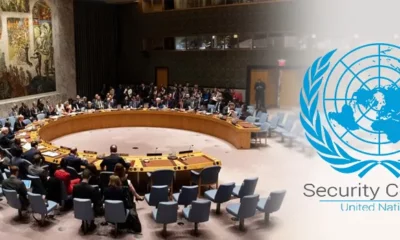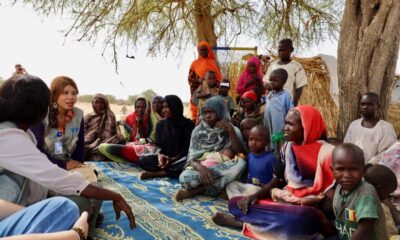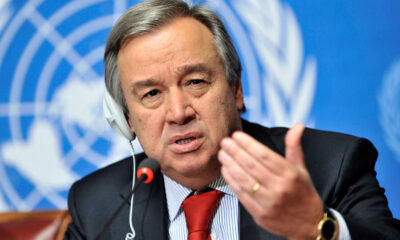The International Organization for Migration (IOM) reported that as the world’s worst displacement crisis worsens in Sudan, almost 10 million, which is about 20% of the country’s population, have been forced from their homes since the conflict there started.
This is the most recent alarming estimate from the nation in East Africa, which has been destroyed by fighting that started in April 2023. The majority of the nation, around 50 million people, are now in need of humanitarian help and half of them are experiencing starvation as a result of the war.
According to a bimonthly report from the IOM, since the start of the conflict, over 2.2 million people have fled to foreign nations and about 7.8 million have sought safety within the nation. Previous conflicts in the country have already resulted in the displacement of an additional 2.8 million people.
When fighting broke out between the army and the paramilitary Rapid Support Forces (RSF) in the capital city of Khartoum last year, it soon spread to the west throughout Darfur, with the RSF seizing control of most of the major cities.
Some UN experts have argued that the main cause of migration from Darfur—where it is impossible to provide aid—is now hunger rather than conflict.
“All refugees I met said the reason why they fled Sudan was hunger,” said World Health Organisation country director Dr. Shible Sahbani to reporters after visiting refugees from Darfur, the source of half of the displaced population, in Chad.
“A woman who just reached Adré reported that all food they used to produce locally in Darfur was taken by the fighters,” he added.
More than 150,000 people were displaced from Sennar state as the RSF extended its reach in the southeast of the nation in recent weeks, according to the IOM. Many of these individuals were relocated for the second or third time following RSF attacks on houses and marketplaces in the state’s minor towns and villages.
The RSF blames the activities of rogue actors and disputes that it has harmed civilians.
RSF forces have conducted incursions in Gedaref state, home to 668,000 people who are facing heavy rains and no shelter. This state is currently hosting a large number of displaced persons.
Human Rights Watch issued a warning last week about the risk of the RSF expanding into the Gedaref for the 40,000 Ethiopian refugees, most of whom are Tigrayans, who are alleged by the RSF to be fighting alongside the army.

 Metro1 day ago
Metro1 day ago
 Musings From Abroad1 day ago
Musings From Abroad1 day ago
 Metro1 day ago
Metro1 day ago
 Sports1 day ago
Sports1 day ago





























